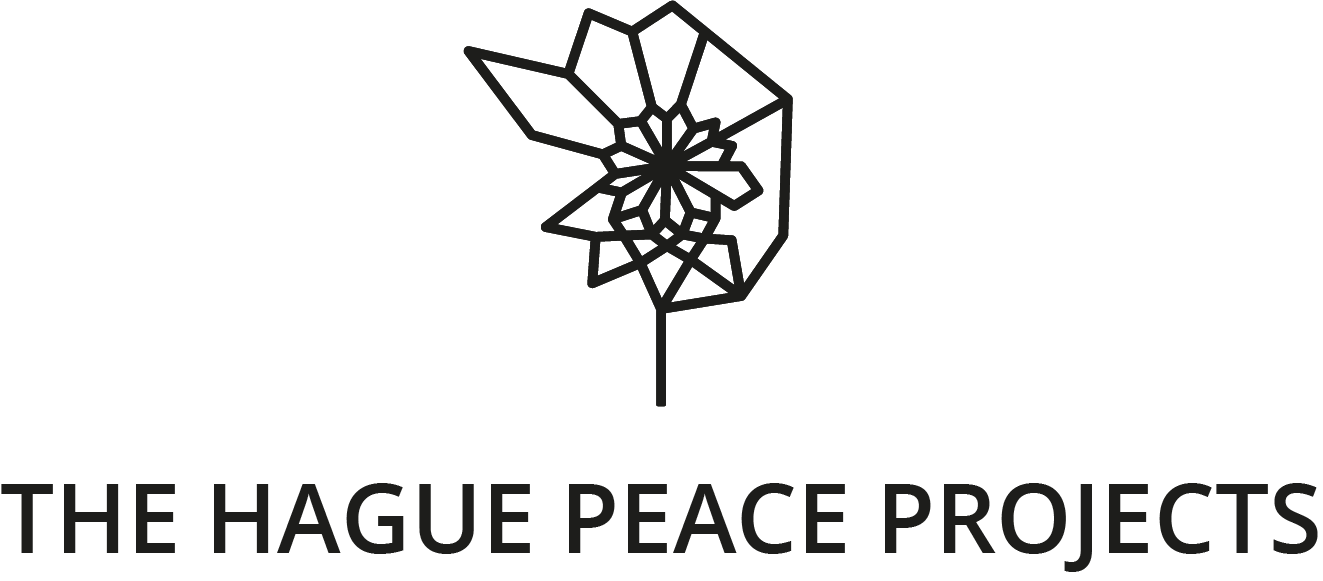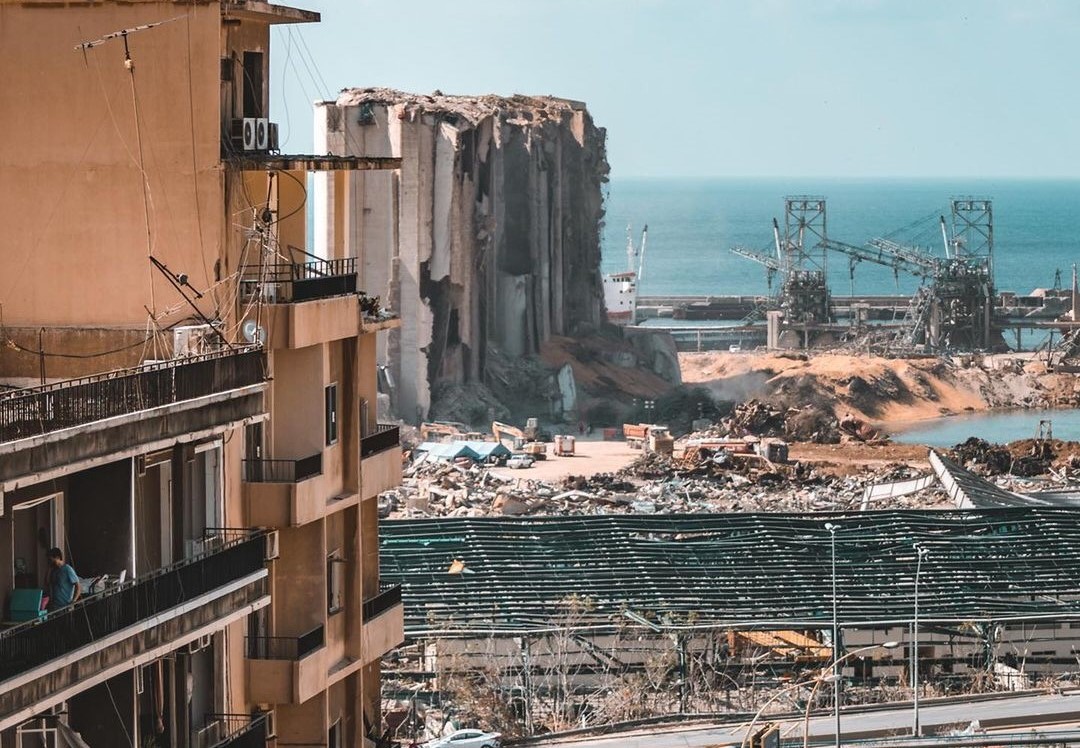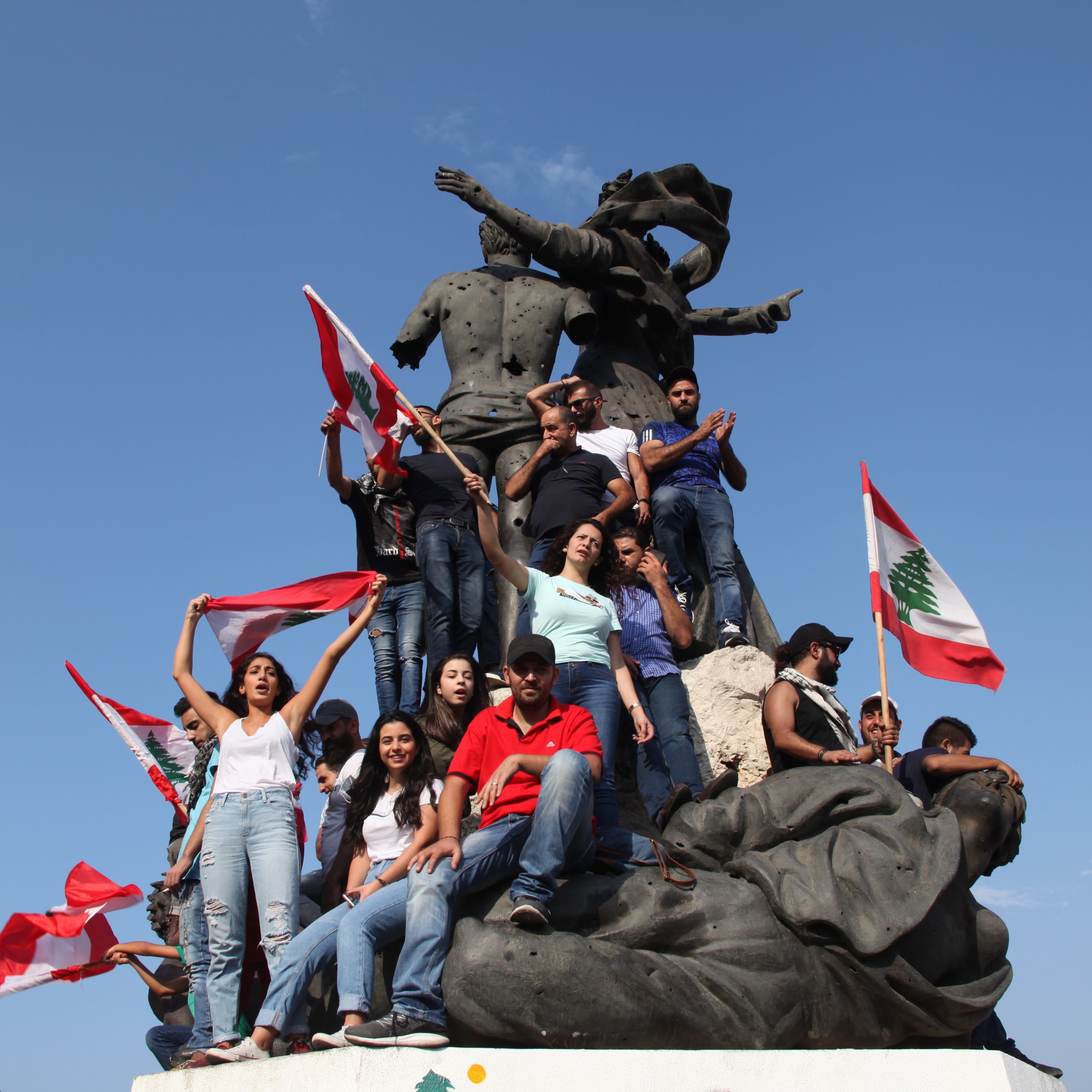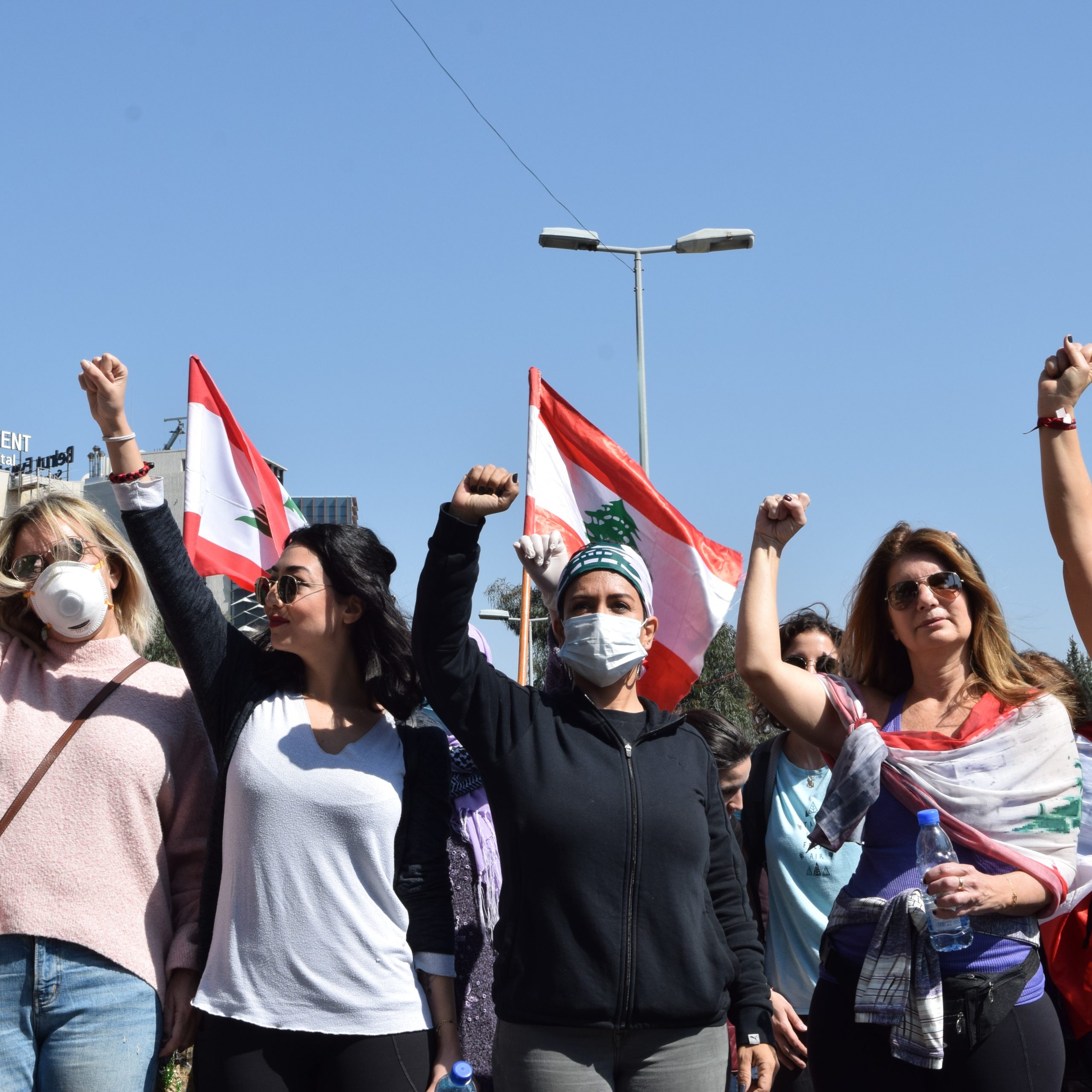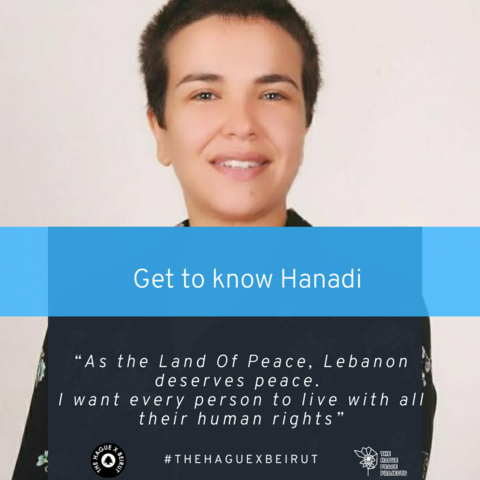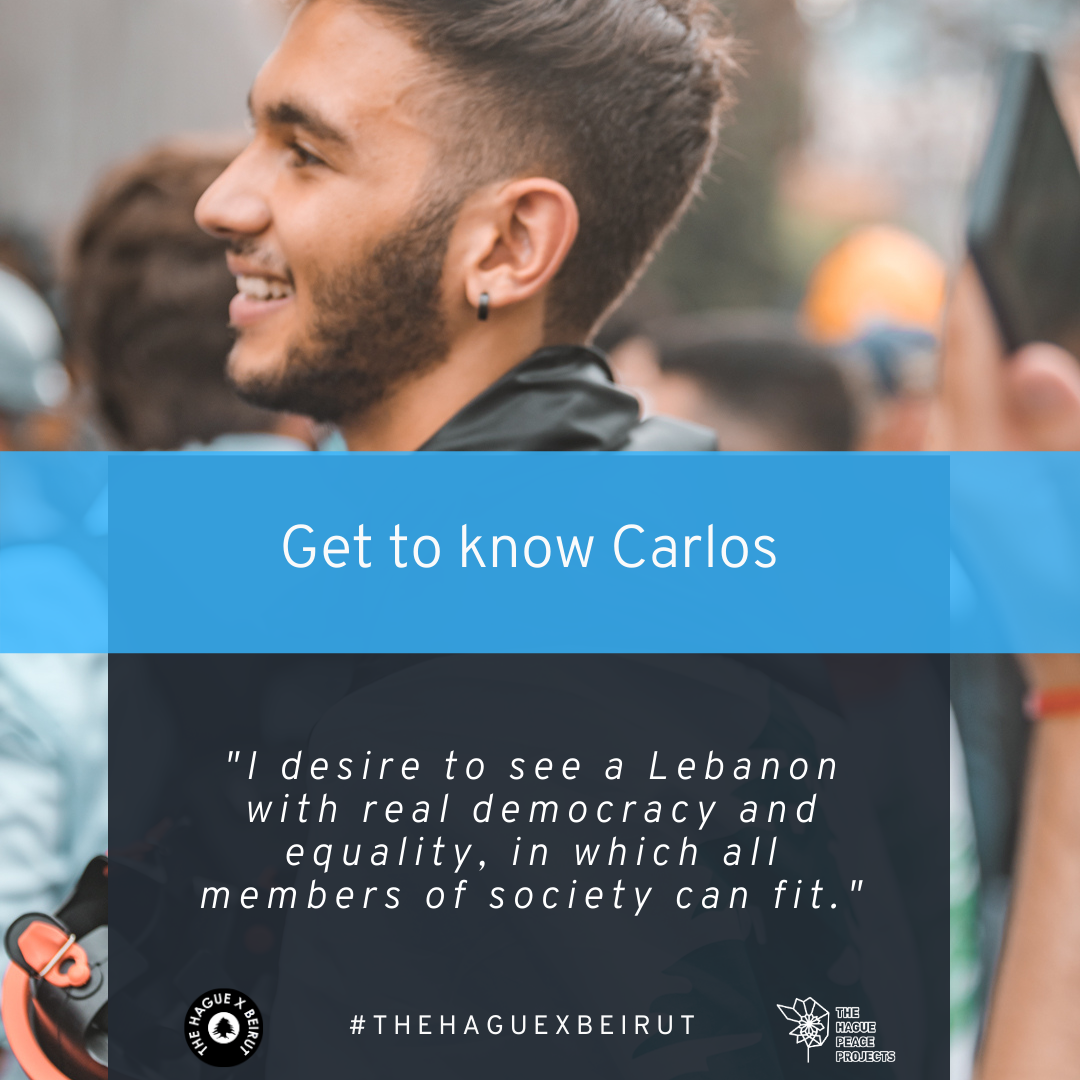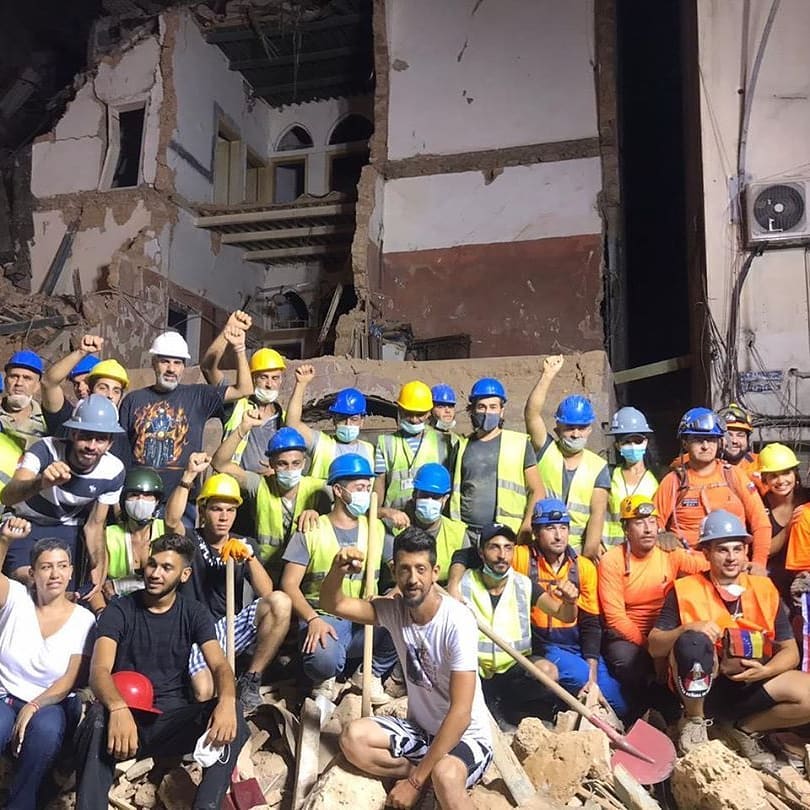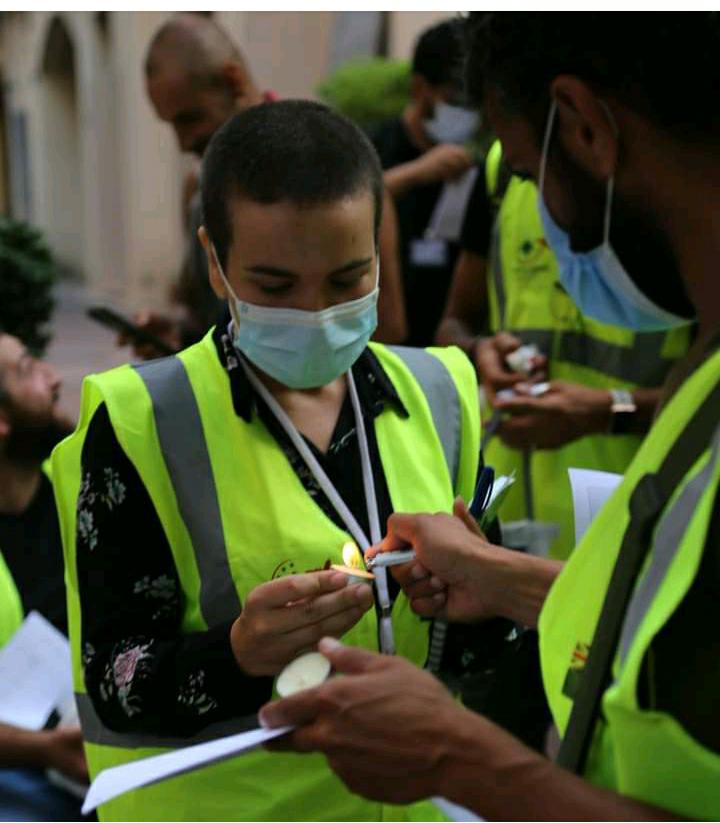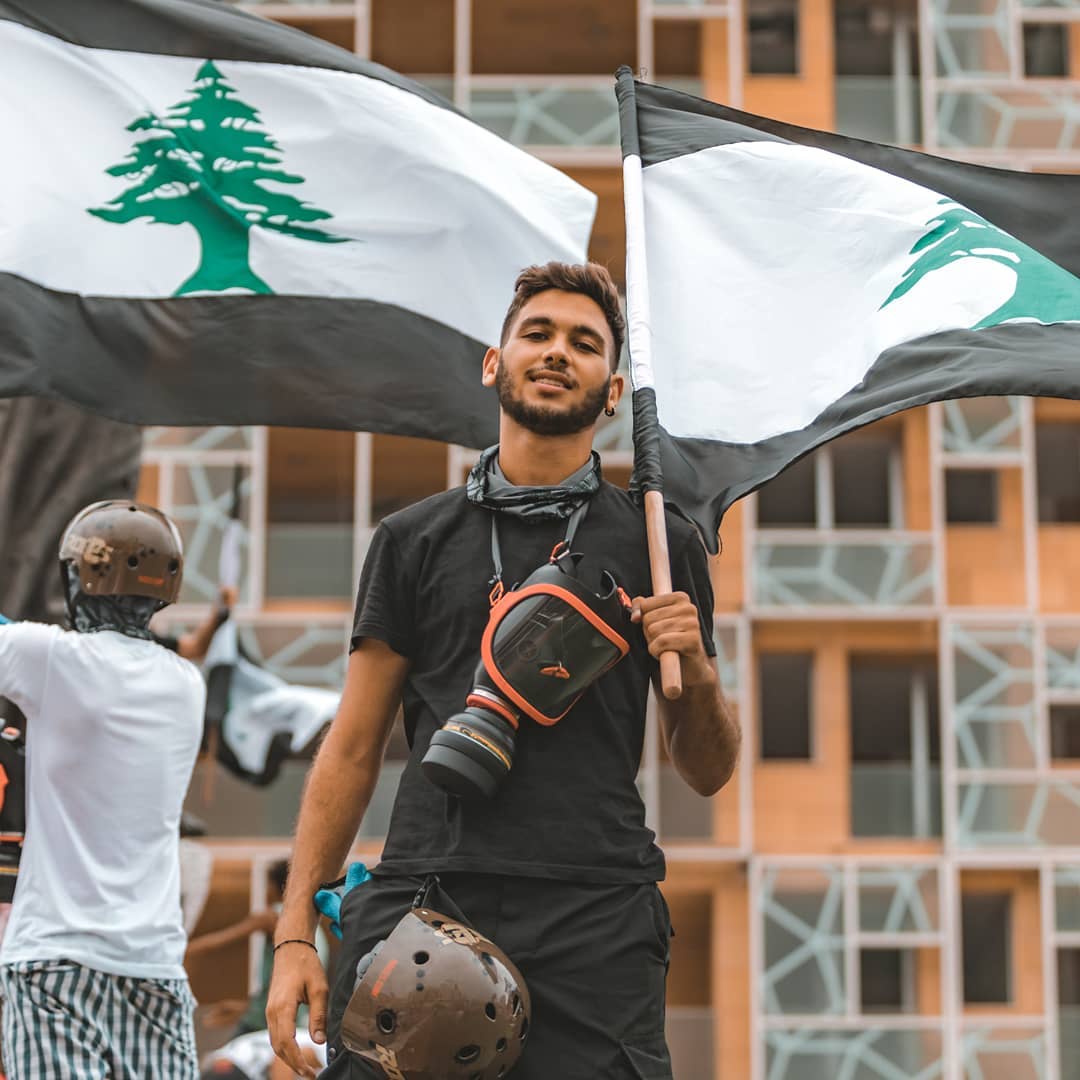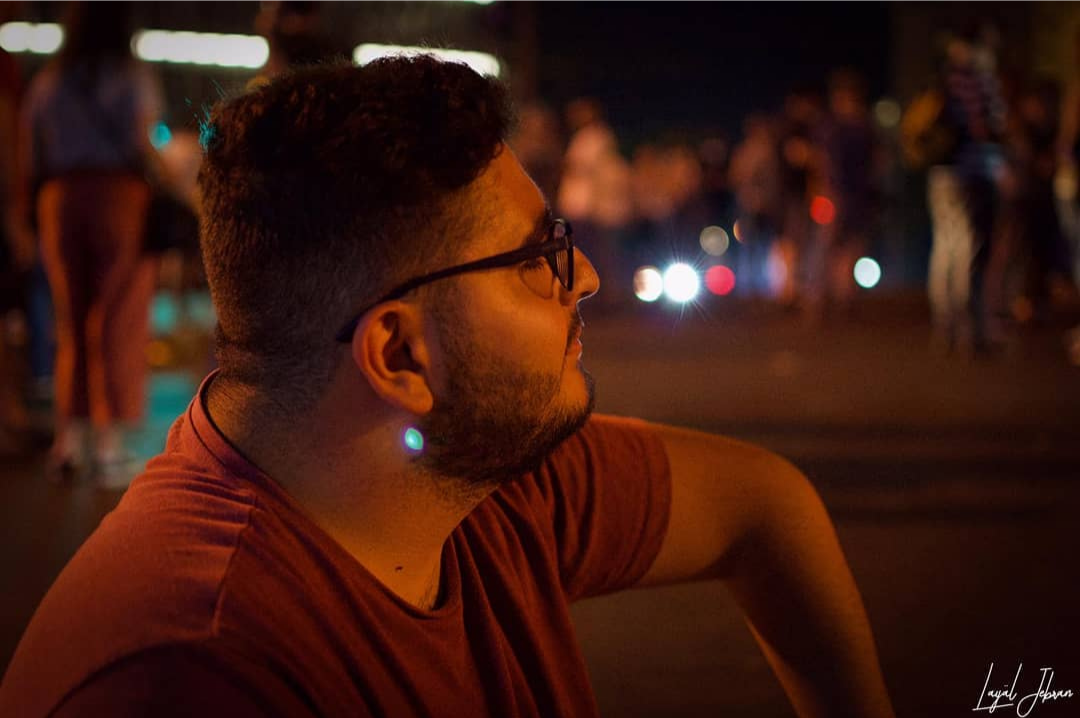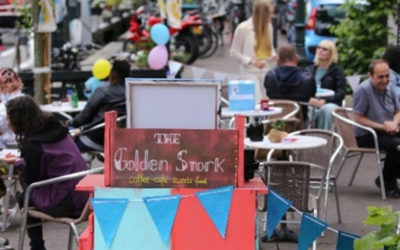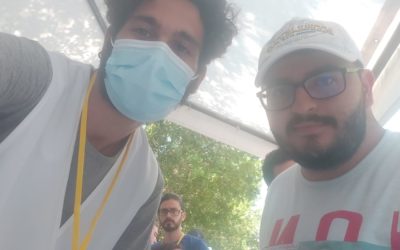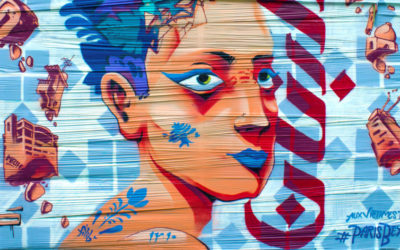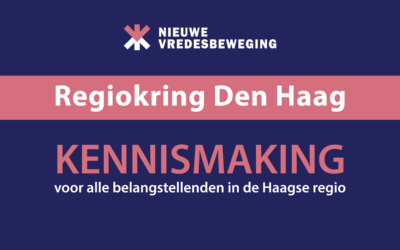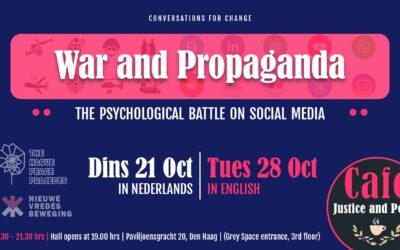The Hague X Beirut
About
Lebanon
Lebanon is located in a very special geographical position: it is blessed by the Mediterranean sea, a range of mountains and a strip of desert, but it’s very special position also ignited various armed conflicts with its neighbours: Syria and Israel.

The latest numbers
These are some of the latest reliable data on Lebanon
%
Population living in poverty
%
Value lost by Lebanese Pund
People lost their homes due to the Beirut Prost Explosion of August 4th, 2020
history
The modern history of Lebanon is very dense: from the Ottoman Empire to the French mandate, the Arab-Israeli War (arguably one of the most important wars of the Middle East in its entirety), the Syrian and Israeli invasions, the civil war which divided Beirut, the killing of Rafik Hariri followed by the creation of an Ad-hoc tribunal in The Hague, and the rise of Hezbollah, the refugee crisis ignited by conflict in the region, and the garbage crisis ignited by corruption.
milion People
sects (religions)
thousand years of history
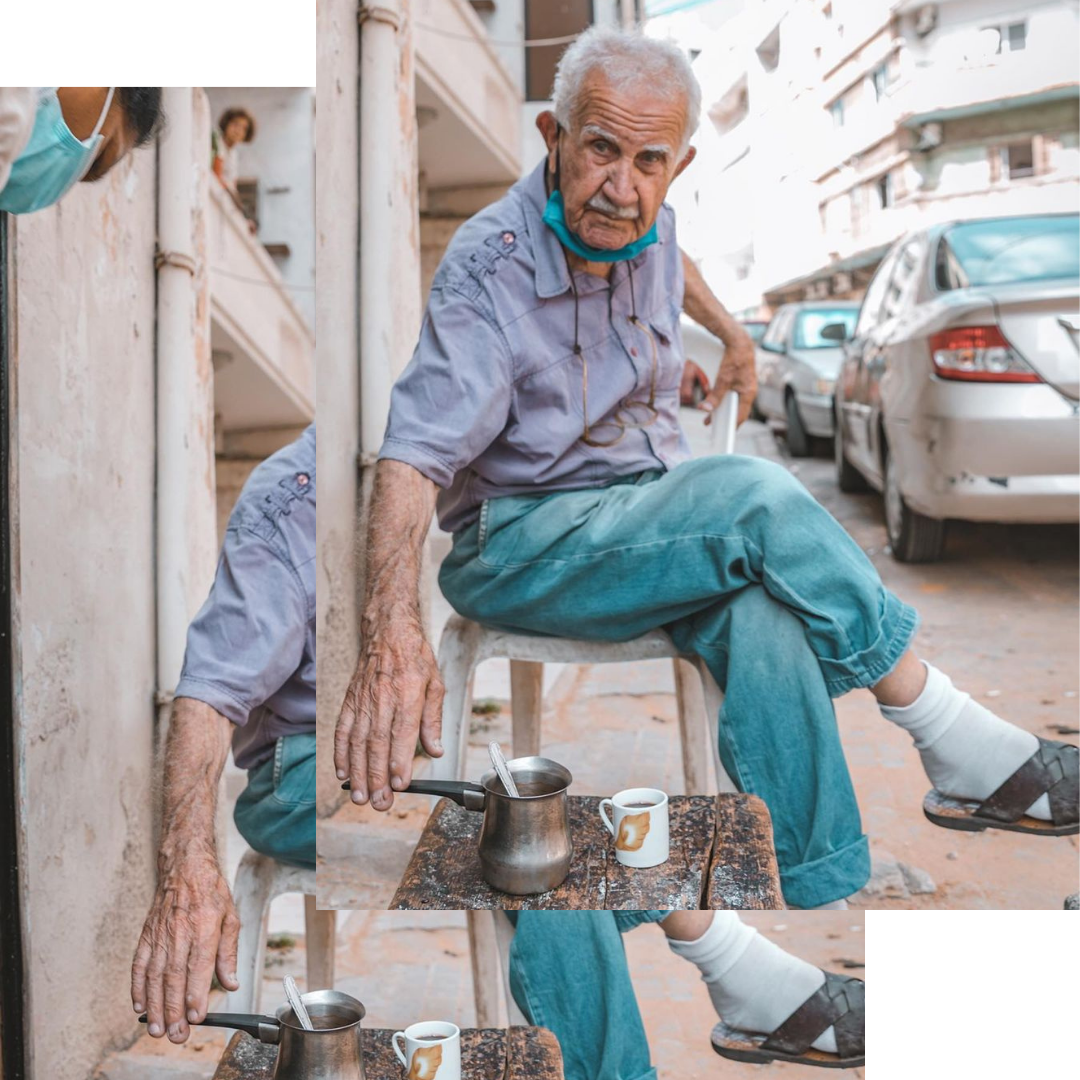
Lebanon has always played a very important role in the international relations of the Middle East. It has a fundamental epicentre of press coverage, and has given rise to many important cultural and artistic currents.
Among many things we owe Lebanon for giving us Zaatar Manakeesh (delicious pitas topped with a special thyme pesto), the academic-minded LGBTQ friendly band Mashrou Leila and legendary singer Fairuz.
With time, Beirut became renowned across the world for its parties, its universities, and its diversity. Diversity is a keyword in the history of Lebanon: the country hosts up to 18 religions and the highest refugee density in the whole world.
Since the end of the Lebanese civil war in 1990, the country’s institutions have been organised as a system of sectarian division. Despite this, Beirut has continued to thrive and express a richness of diverse identities and traditions.
In October 2019, in protest against the major economic crisis, Lebanese civilians from all classes and religions called for the resignation of the political class, and for the creation of a brand new system of government. This became known as the ‘October 17’ movement’.
Lebanese citizens were protesting against the ruling political class, which lost its legitimacy due to a history of mismanagement, corruption and the violent repression of protests. But, as the movement intensified, the Covid-19 pandemic took hold of the world, and forced the country’s healthcare system on its knees and pushed people back into their homes.
On August 4th, 2020, two explosions in Beirut’s port were felt as far away as Turkey. They resulted in 203 deaths and thousands of injuries, including the loss of more than 10 billion dollars in property damage. The geographical impact of these explosions is about 10km in radius.
the fight for human rights
As a result of the explosions, human rights activists, artists, and civilians in Beirut have lost their homes, livelihoods and jobs.
However, despite these critical conditions, they continue to take social action and advocate for change. This project is directed at those people who are still fighting for their universal human rights and freedoms, and it takes place at a critical moment in the history of Lebanon.
The stakes are high, as this year’s developments will make a critical difference between a conflict- and poverty-ridden Lebanon, or peaceful Lebanon with more opportunities for everyone.
Owing to our dedication to human rights and our position of privilege at The Hague Peace Projects, we have the duty to actively support human rights activists in Lebanon.
Join millions of people rising to fight for human rights worldwide, from The Netherlands to Lebanon.
resources on Lebanon

Let’s Talk Peace is the podcast of our collaborator Amanda Haydar, who explores issues of peace and conflict in Lebanon and the world
Our partner the LawYard is a media platform focused on the latest news in English and Arabic
The LevantX podcast brings together journalists, activists, and opinion influencers from Lebanon and the greater Middle East
On the page of Indigo Traveller, you find lots of live documentaries shot while Nick, the producer, travels to “misunderstood” countries and delves deeper than the news
A Game of Swallows by Zeina Abirached is a moving visual novel that walks you into the experience of the Lebanese civil war, through the eyes of a child
Lineages of Revolt is an academic book that gives a critical and thorough overview of how politics, economics, history, and natural resources impact communities in the Middle East
Want to suggest more content? Contact us at Info@thehaguepeace.org
